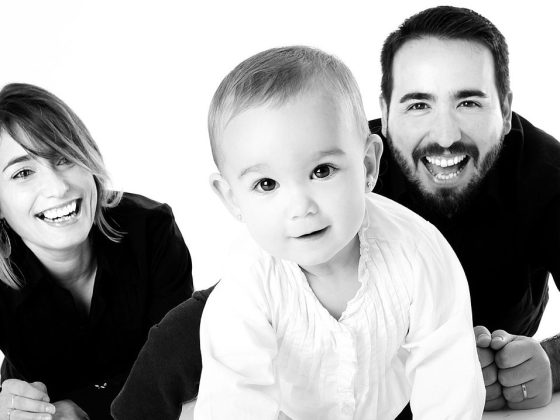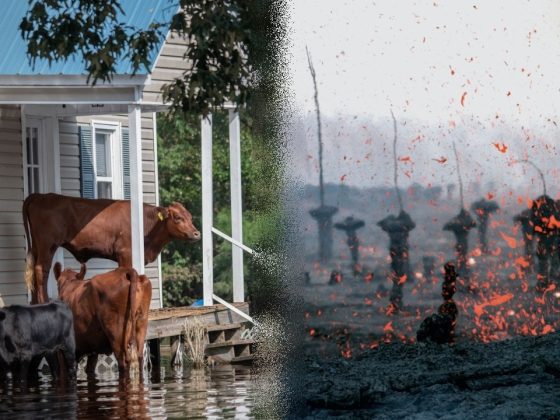A recent study by Gallup and West Health has found that “rising healthcare costs have compelled nearly four in 10 Americans in the past six months to delay or skip healthcare treatments, trim regular household expenses or borrow money.
That translates into an estimated 98 million adults having to take extraordinary steps to afford healthcare.” Considering that in all likelihood, many of these adults have children, this is a huge portion of the American society that is struggling to provide for a basic need like healthcare.
There is no denying that life in America is far from the American Dream, and that despite some good times, life there is tough for most people. However, it seems like the perception of scarcity has also changed and causes more people to grasp themselves as disadvantaged than before.
“There is no denying that life in America is far from the American Dream, and that despite some good times, life there is tough for most people. However, it seems like the perception of scarcity has also changed and causes more people to grasp themselves as disadvantaged than before.”
There are many serious problems in America. There is a deluge of substance abuse, frequent violence, widespread poverty, and pervasive depression and hopelessness. Worse yet, because of the American support for separation between the government and citizens, apart from occasional stimulus and rescue programs, people have been brought up not to rely on the government for financial aid. When people have jobs, they are fine with this way of life. But when there are no jobs, or no jobs that pay enough, they are left deficient, and without any hope of making sufficient income since they cannot find a better paying job or get the money elsewhere. As a result, they find themselves having to choose which necessity to forgo.
From the perspective of the government, the situation is quite straightforward. It wants people to be healthy. However, if they cannot be healthy, it is best if they die, so as not to waste money on treating sick people.
As terrible as the situation may seem, I do not think that it is worse today than it was a century or so ago. More likely, it is people who require more in order to feel satisfied. Since their demands are growing more than their ability to satisfy them, they feel deficient and deprived.
“This feeling is especially poignant if people around them seem to have abundance. Since today, when everyone is connected to everyone else and social media presents everyone in their best form, people feel more disadvantaged and deficient than ever.”
This feeling is especially poignant if people around them seem to have abundance. Since today, when everyone is connected to everyone else and social media presents everyone in their best form, people feel more disadvantaged and deficient than ever.
Materially speaking, I do not foresee any improvement. However, there is a way we can all have more than enough on every level.
If we begin to learn that happiness lies not in material possessions, in having more stuff, but in cultivating our connections with each other, we will discover two beautiful things: 1) We will find that we really do have enough, and then some. We will learn that the problem of adequacy is not a matter of price or quantity, but of an abusive attitude, and we will want to change that attitude. We will find that if we care about people having what they need rather than us having what we want, then they will have what they need and we have what we want. 2) The second thing we will discover is that confidence, trust, and happiness do not depend on what we have, but on guaranteeing that everyone has what they need. Warm and caring relations in the community make for happier, safer, and healthier members of the community, including ourselves.
Therefore, to overcome scarcity in society, we must overcome the antipathy in our hearts.











